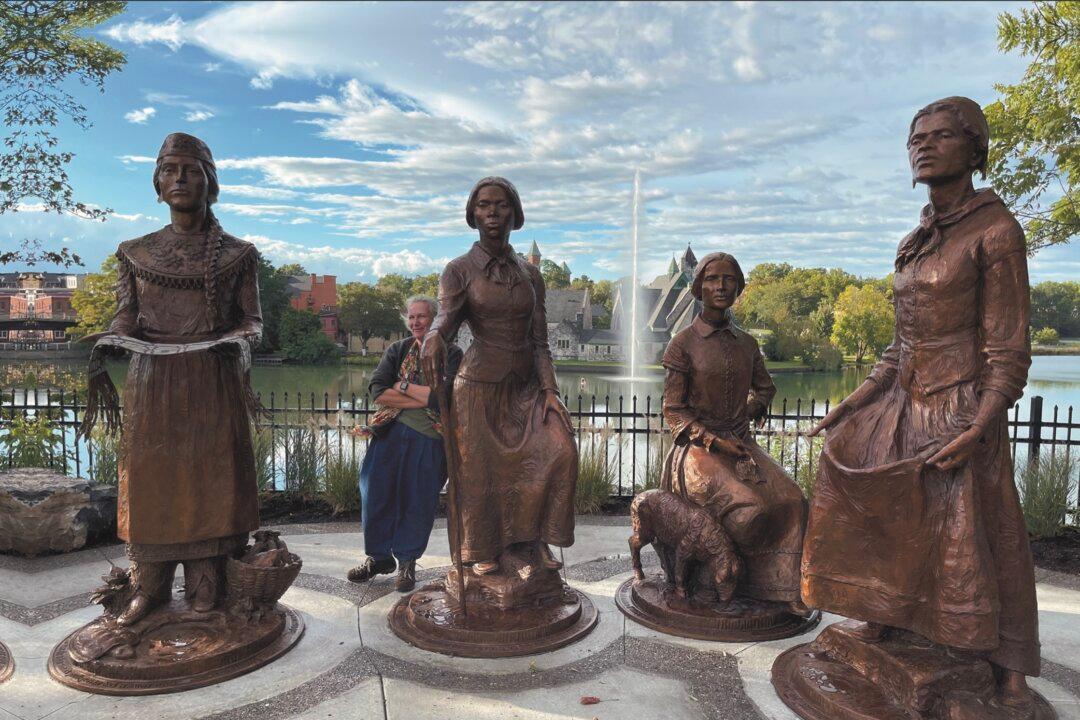How do we know for sure that our children feel our love? We may wonder about this key aspect of our relationship with them, or we may just take it for granted that it’s all working out. Does one child think that I love her sibling more? Is my son feeling upset because he doesn’t think I love him? These are questions I asked when we were raising our three children. Then, I read “The 5 Love Languages of Children” by Gary Chapman and Ross Campbell. After reading it, I made some changes.
The authors claim that there are five basic love languages: physical touch, gifts, words of affirmation, acts of service, and quality time. We may respond favorably to all of these loving actions, but for each of us there is a primary love language, which is the one through which we feel most loved. The book describes in detail what these languages are and how each of us can recognize what approach works best for us. Those interested can take a quiz that has questions and answer choices. You can find it at: https://www.5LoveLanguages.com/quizzes/love-language





